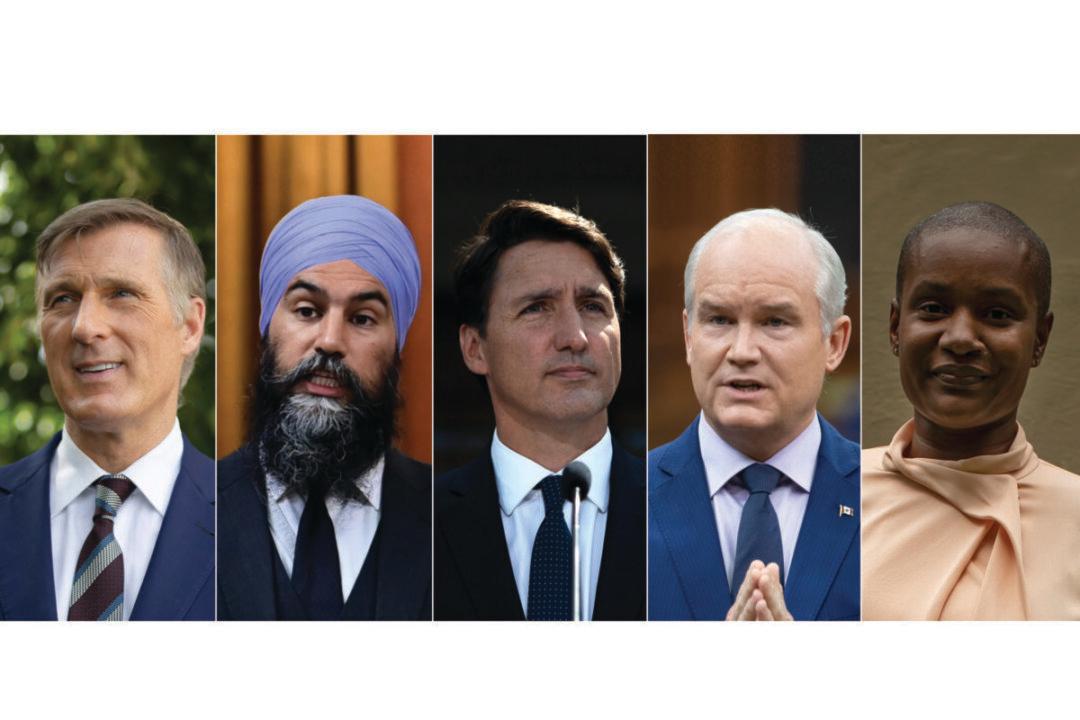Commentary
Given the urgency of the situation regarding China, a serious debate is much needed on how Canada will conduct itself on the world stage and what its strategy will be in dealing with an increasingly belligerent Beijing.

Given the urgency of the situation regarding China, a serious debate is much needed on how Canada will conduct itself on the world stage and what its strategy will be in dealing with an increasingly belligerent Beijing.